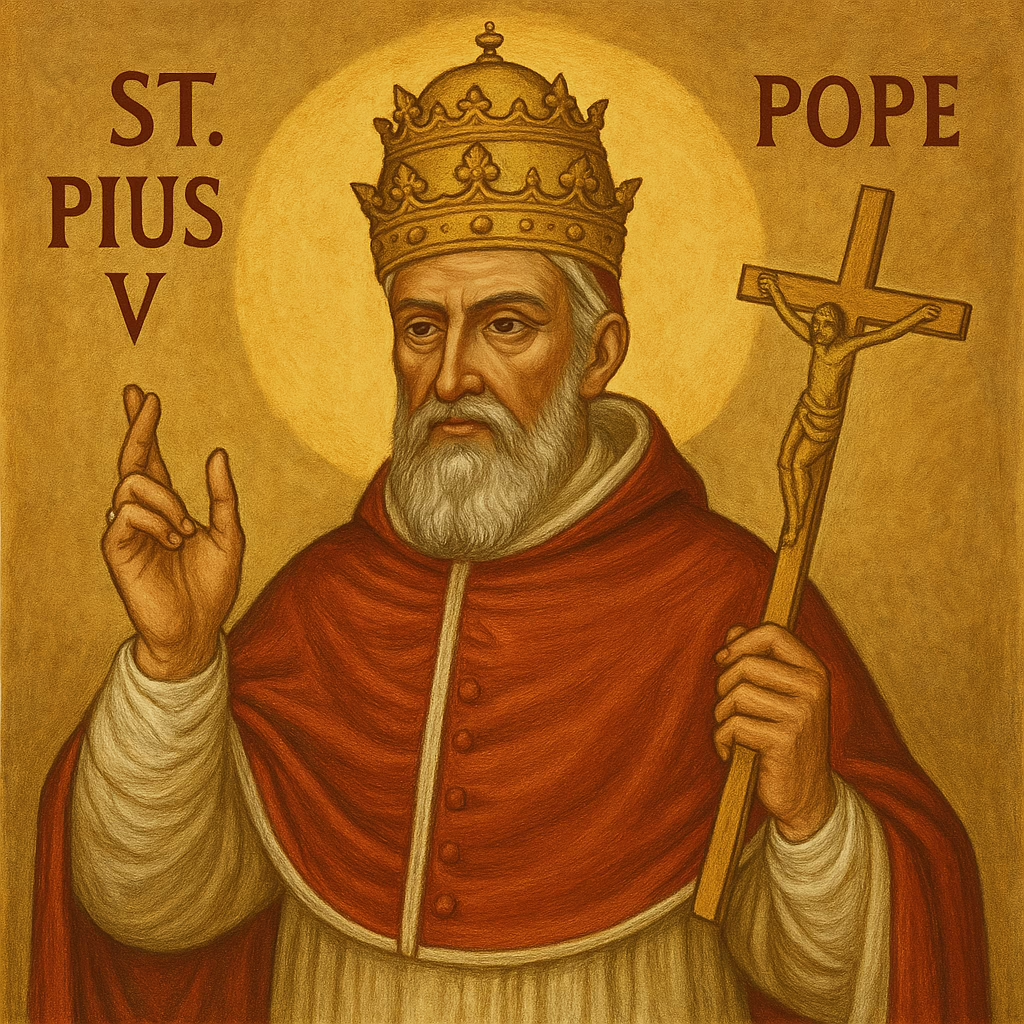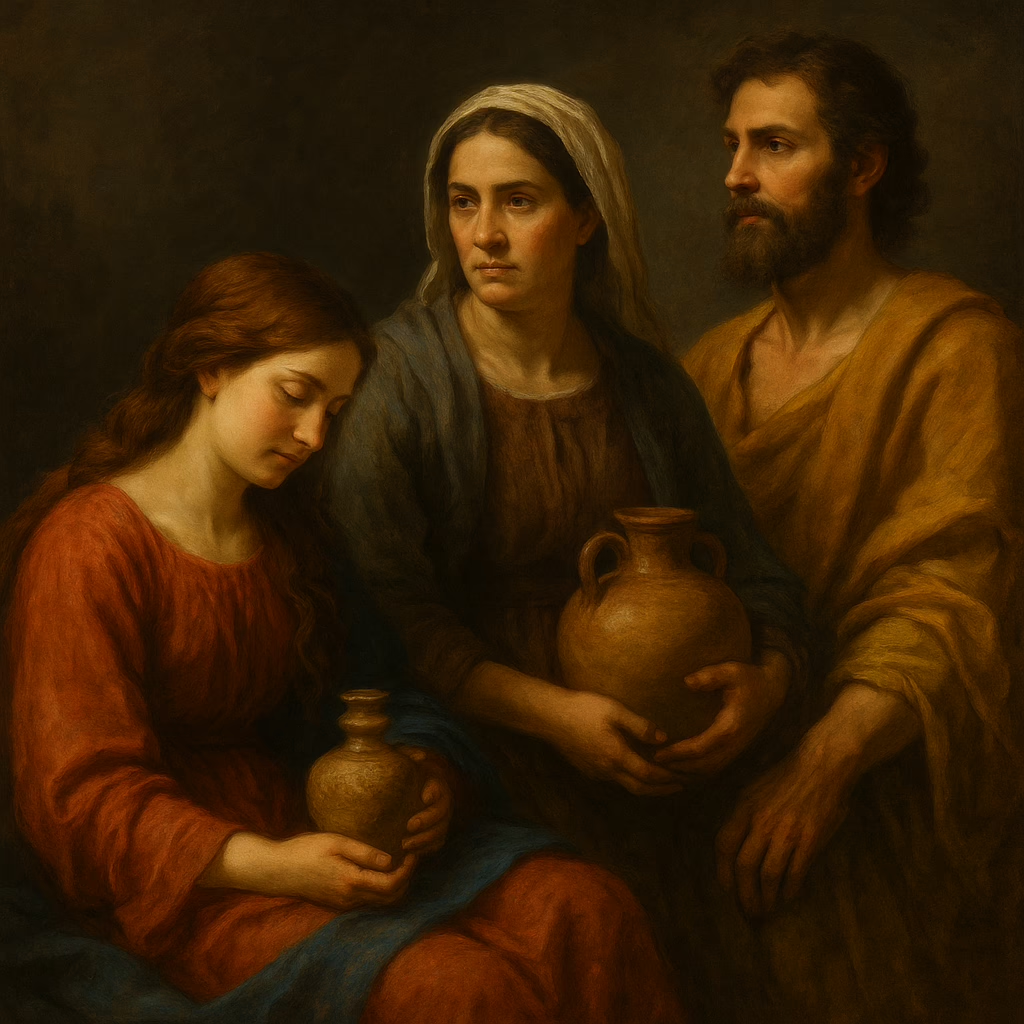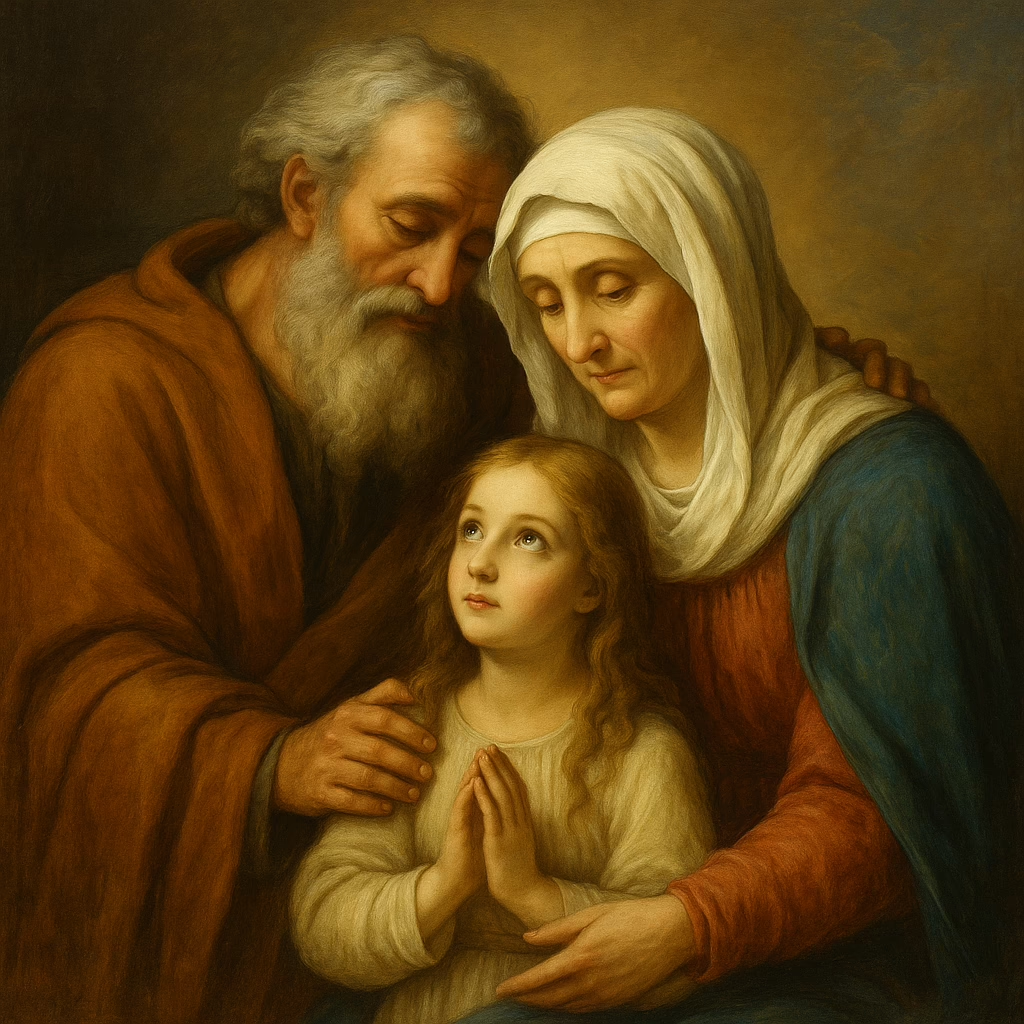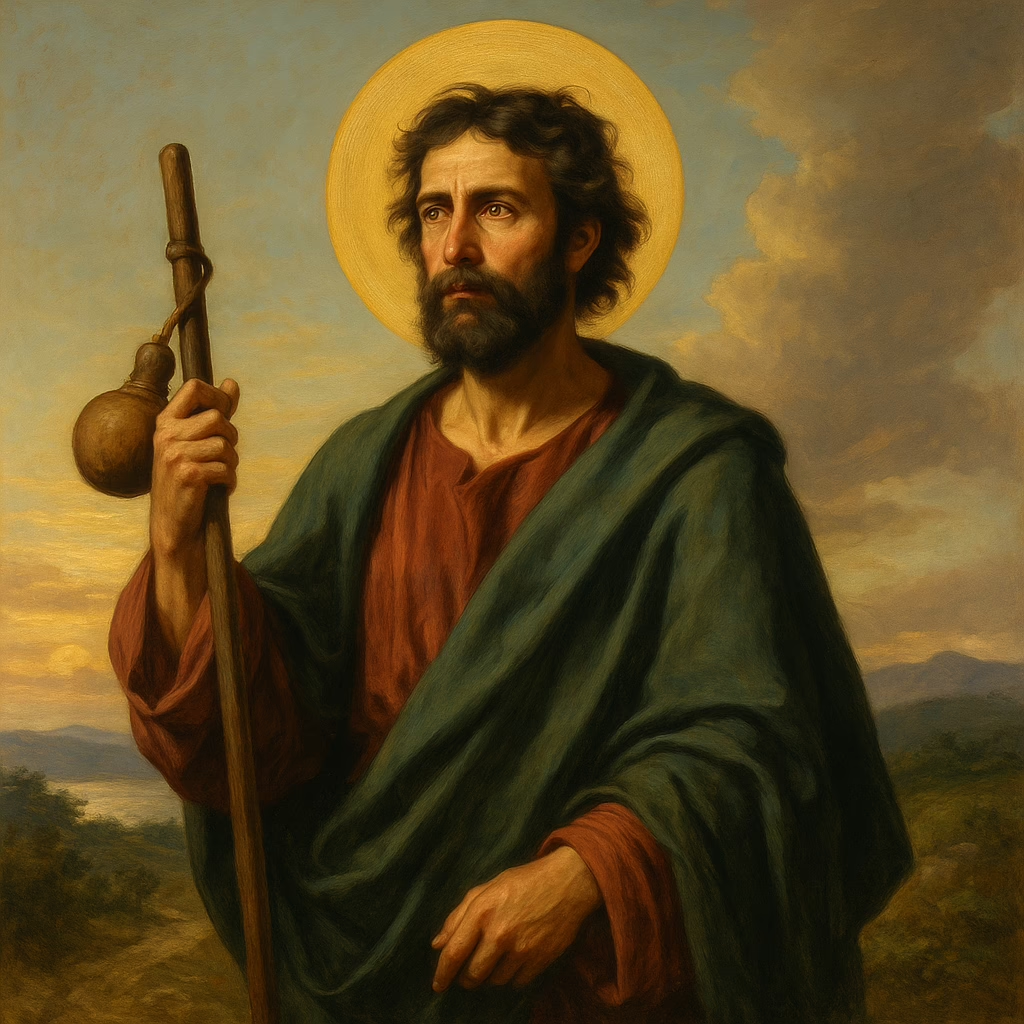St. Pius V, Pope: A Beacon of Faith and Reform in the Catholic Church
Introduction: The Life and Legacy of St. Pius V
“Leading with prayer and purpose, Pope Pius V transformed the Catholic Church during a pivotal time.” These words encapsulate the essence of St. Pius V's profound impact on Catholicism. Born Antonio Ghislieri on January 17, 1504, St. Pius V became one of the most significant figures in the Church's history, implementing reforms that had reverberating effects on Catholic traditions. His papacy was marked by rigorous devotion, steadfast leadership, and reformative zeal, all against the backdrop of the Counter-Reformation. This blog will unveil key aspects of his life, the pivotal reforms he introduced, and his enduring influence on Catholic practices.
1. Early Life and Path to the Papacy
1.1 The Humble Beginnings of Antonio Ghislieri
In the quaint landscape of Lombardy, Italy, Antonio Ghislieri was born into a poor noble family. His birth on January 17, 1504, in Bosco near Alexandria, was the dawn of a life that would ultimately transform the Catholic Church. Spending his early years as a shepherd instilled in him a deep empathy for the marginalized and vulnerable. At the age of 14, Antonio embraced the monastic life by joining the Dominican Order. This early education and monastic formation were pivotal in shaping his character, equipping him to become a beacon of reform and faith.
1.2 Rise Within the Church
Antonio's journey within the Church was marked by dedication and service. Ordained a priest at the age of 24, he passionately taught philosophy and theology for many years. His commitment to combating heresy was evident in his roles as prior and inquisitor. Antonio's reputation grew, and he held significant positions, culminating in his election as Pope on January 7, 1566. This ascent within the ecclesiastical hierarchy was a testament to his unwavering faith and dedication to Catholic doctrine.
2. Pivotal Contributions and Reforms
2.1 Implementation of the Council of Trent
Pope Pius V's papacy was characterized by his commitment to the decrees of the Council of Trent, an assembly aimed at reforming the Church's practices during the Counter-Reformation. As an ardent enforcer of these reforms, he played a crucial role in rooting out corruption within the Church, standardizing the Roman Rite, and drafting the Roman Missal and Breviary. The significance of the Council of Trent lay in its response to the Protestant Reformation—Pius V ensured these reforms were not just implemented but ingrained into the Church's ethos.
2.2 Strengthening Catholic Doctrine
Among Pius V’s bold moves was the excommunication of Queen Elizabeth I, a testament to his unwavering stance on Catholic doctrine. This decision underscored his commitment to defending the faith against burgeoning challenges. Moreover, his support for educational institutions and the Society of Jesus reinforced the intellectual and spiritual fortitude of the Church.
3. The Battle of Lepanto and Marian Devotion
3.1 The Historic Naval Battle
October 7, 1571, marks the historic Battle of Lepanto, a naval engagement between the Holy League and the Ottoman Empire. With Europe facing the threat of Islamic expansion, Pius V called upon the faithful to pray the Rosary, seeking the intercession of the Virgin Mary. Miraculously, despite being outnumbered, the Holy League emerged victorious—a triumph attributed to the Virgin Mary’s intercession, a testament to the miraculous power attributed to the Rosary.
3.2 Establishment of the Feast of Our Lady of the Rosary
In gratitude and celebration, Pius V instituted the Feast of Our Lady of the Rosary. This feast not only commemorated the victory at Lepanto but also emphasized the transformative power of prayer and Marian devotion in Catholic life. The Rosary became a spiritual weapon, a symbol of hope against despair and a call to deep faith. [Feast of Our Lady of the Rosary]
4. Personal Virtues and Care for the Poor
4.1 A Model of Austerity and Service
St. Pius V embodied a life marked by austerity and a prayerful existence. His personal virtues were not confined to mere rhetoric; they were practiced earnestly through acts of charity, exemplified by his care for the poor and needy. Known for washing the feet of the impoverished, he reminded the Church of the importance of service to the marginalized, a core tenet of Catholic teaching.
4.2 Exemplifying Leadership Through Compassion
Balancing reform with compassion, Pius V's leadership style offers valuable lessons for contemporary Church challenges. His papacy was a beacon of hope—a reminder that leadership grounded in empathy and focused on faithfulness can foster profound transformation within the Church.
5. The Enduring Impact of St. Pius V on Catholicism
5.1 Lasting Influence on Catholic Practices
The reforms introduced by St. Pius V continue to shape liturgical practices today. His standardization efforts remain foundational, with the Roman Rite and liturgical texts still in use. Moreover, his deep Marian devotion has encouraged ongoing devotion to Mary, fostering a spirituality that values intercession and personal prayer.
5.2 Encouragement for Modern Faithful
Modern Catholics are invited to explore deeper personal devotion through the teachings of St. Pius V. Encouraging a commitment to community involvement, the practice of saying the Rosary, and living a life of service aligns with the legacy of this reformative pope. His teachings remain relevant, offering practical insights into leading a devout Catholic life.
Conclusion: Reflecting on the Legacy of St. Pius V
In reflecting on the legacy of St. Pius V, we witness the transformative power of leadership rooted in faith. His life was a testament to unwavering devotion, profound reform, and compassionate service. The impact of his reforms and Marian devotion continue to shape contemporary practices within the Church. As "the Pope of the Rosary," he remains a model for modern Catholics, inspiring a deeper engagement with faith and inviting us to embrace the Rosary, prayer, and service to others as integral to our spiritual journeys.
Call-to-action: Delve into deeper devotional practices, particularly the recitation of the Rosary, as St. Pius V did. Reflect on how his leadership and dedication to reform can enrich your spiritual journey today.
For further reading on the life and impact of St. Pius V, consider these books:
- "Saint Pius V: The Legendary Pope Who Excommunicated Queen Elizabeth I, Standardized the Mass, and Defeated the Ottoman Empire"
- "The Sword of Saint Michael: Pope Saint Pius V"
- "St. Pius V: His Life, Times, Virtues and Miracles"
These resources provide deeper insights into the contributions and lasting legacy of St. Pius V in the Catholic Church.





